US knowingly ignored Russia’s red lines on NATO expansion: Report
American officials knew for years that they were crossing Moscow’s red line on NATO’s eastward expansion which ultimately led to the current Ukraine war, an investigative article has revealed.
The article, distributed by Globetrotter in partnership with the American Committee for US-Russia Accord, cites public records and dozens of diplomatic cables, made available via WikiLeaks, to show that “US officials were aware, or were directly told over the span of years that expanding NATO was viewed by Russian officials well beyond Putin as a major threat and provocation.”
They knew that “expanding it [NATO] to Ukraine was a particularly bright red line for Moscow” and that such action would “inflame and empower” nationalist parts of the Russian political spectrum and that “it could ultimately lead to war,” adds the article.
“In a particularly prophetic set of warnings, US officials were told that pushing for Ukrainian membership in NATO would not only increase the chance of Russian meddling in the country but also risked destabilizing the divided nation,” reads the report.
The article then provides dozens of quotations that contain these warnings being said by Russian officials, NATO allies, experts, and even US diplomats.
In one of the instances, Former French presidential diplomatic adviser Maurice Gourdault-Montagne noted that the question of Ukrainian accession to NATO remained “extremely sensitive” for Moscow, and concluded that “if there remained one potential cause for war in Europe, it was Ukraine,” according to a cable in September 2005.
Similar views were also expressed by thinkers and analysts, which the US officials conferred with. William Burns, then-US ambassador to Russia and current CIA director, had transmitted these views to Washington in several cables.
Recounting his conversations with various “Russian observers” from both regional and US think tanks, Burns concluded in a March 2007 cable that “NATO enlargement and US missile defense deployments in Europe play to the classic Russian fear of encirclement.”
Ukraine and Georgia’s entry “represents an ‘unthinkable’ predicament for Russia,” he reported six months later, warning that Moscow would “cause enough trouble in Georgia.”
In yet another cable, Burns said that the emerging Sino-Russian relationship was largely “the by-product of ‘bad’ US policies,” and was unsustainable— “unless continued NATO enlargement pushed Russia and China even closer together.”
The historical citations come as Western officials and experts have repeatedly claimed that the war’s outbreak had nothing to do with the long-criticized policy of NATO expansion.
Russia launched what it calls a special military operation in Ukraine on February 24, 2022, over the perceived threat of the ex-Soviet republic joining NATO. Since then, the United States and Ukraine’s other allies have sent Kiev tens of billions of dollars worth of weapons, including rocket systems, drones, armored vehicles, tanks, and communication systems.
Western countries have also imposed a slew of economic sanctions against Moscow. The Kremlin has said that the sanctions and the Western military assistance will only prolong the war.
Anti-Iran ‘Munich circus’ shows Europe has lost geopolitical weight: Araghchi
Swiss to act as venue of next round of Iran-US talks: Report
Report: Over 50,000 soldiers fighting in Israeli military hold foreign citizenship
Danish PM warns US attack on Greenland would spell end of NATO
Power running out at key Gaza hospital, ICU patients at risk: Report
VIDEO | Press TV's news headlines
‘Speaking truth is her crime’: Netizens rip into European allies of Israel for targeting Albanese
Russia reaffirms support for Iran’s sovereignty amid rising US threats


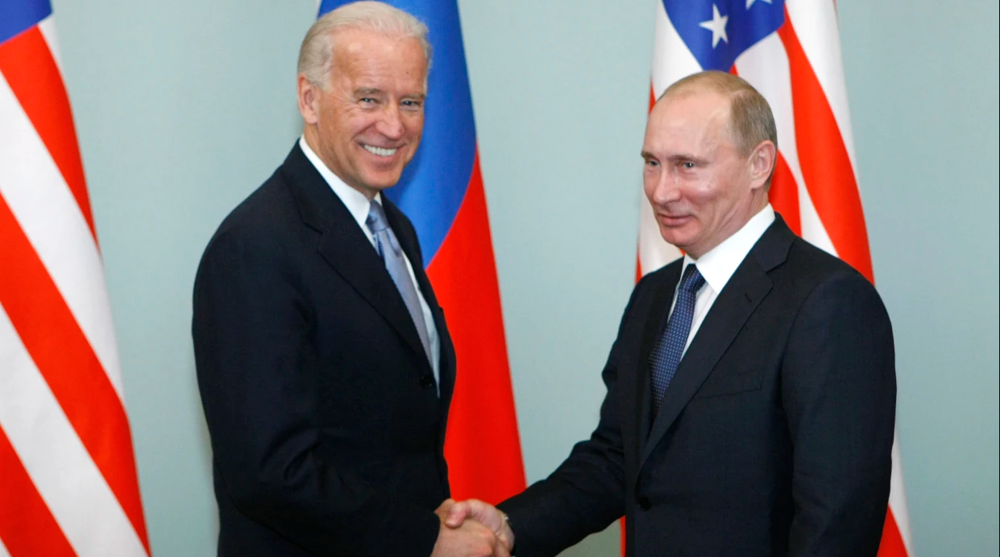
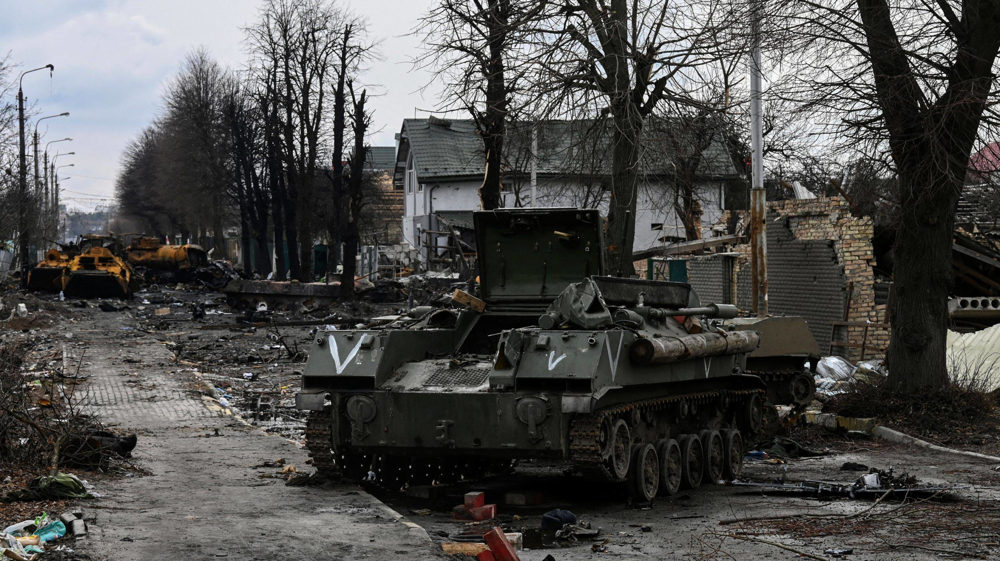
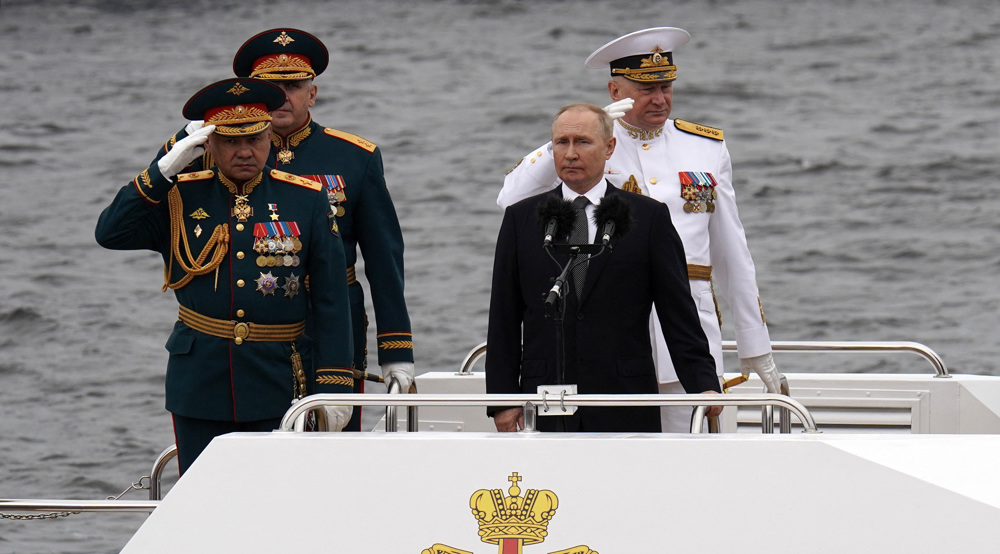
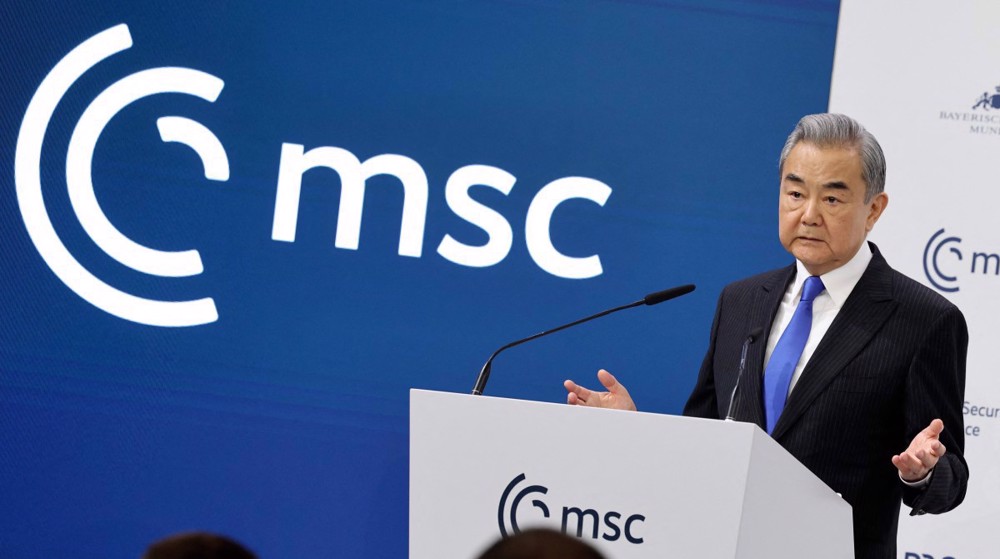
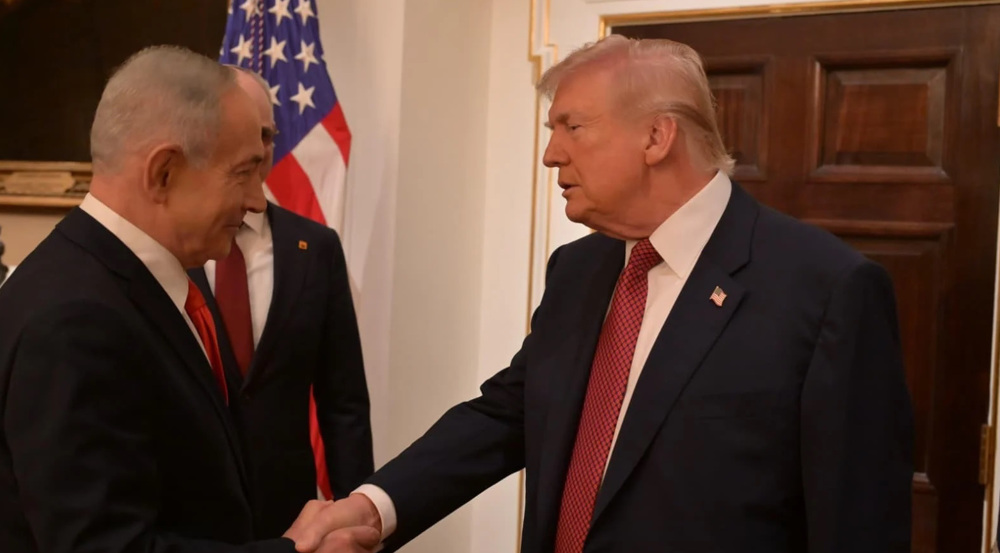
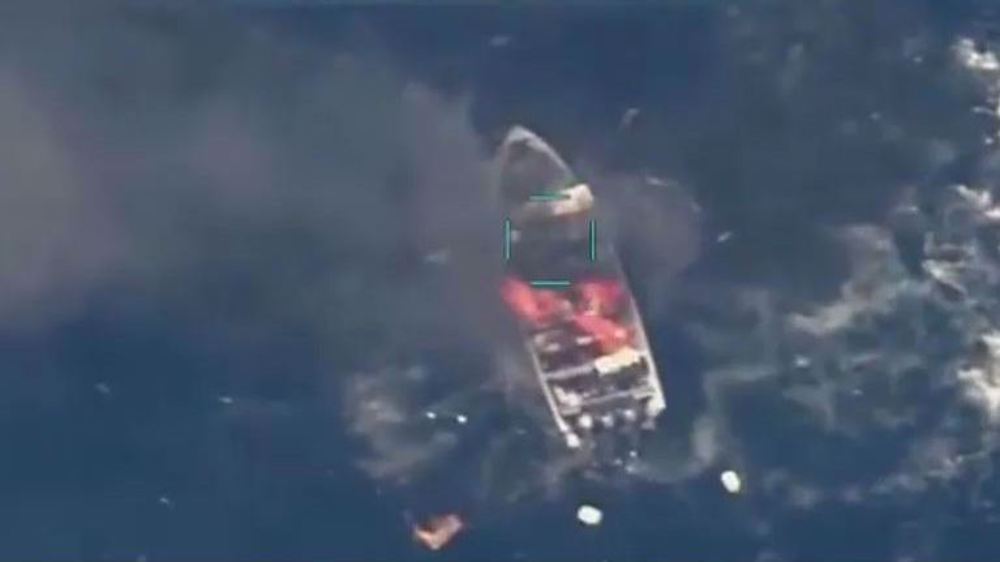



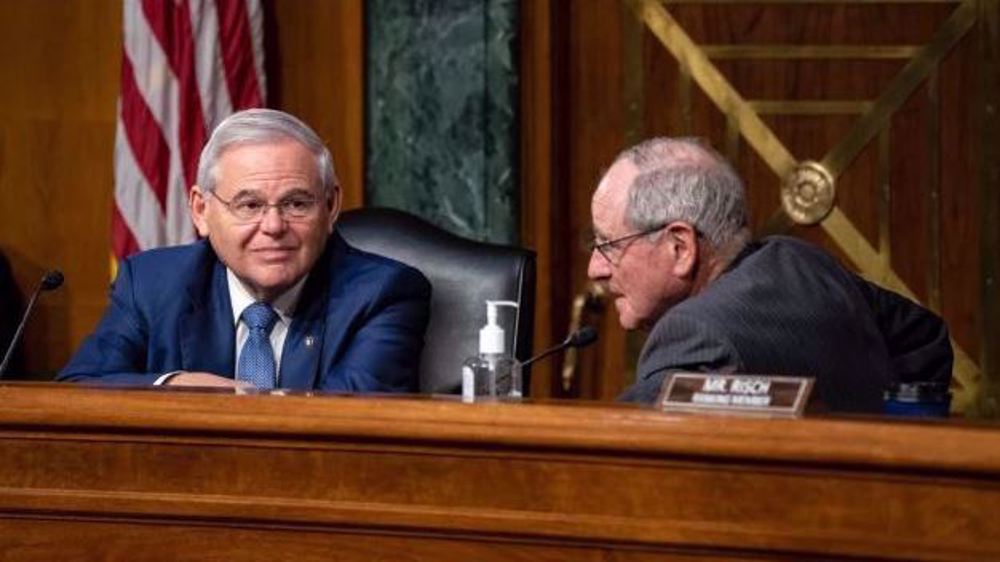
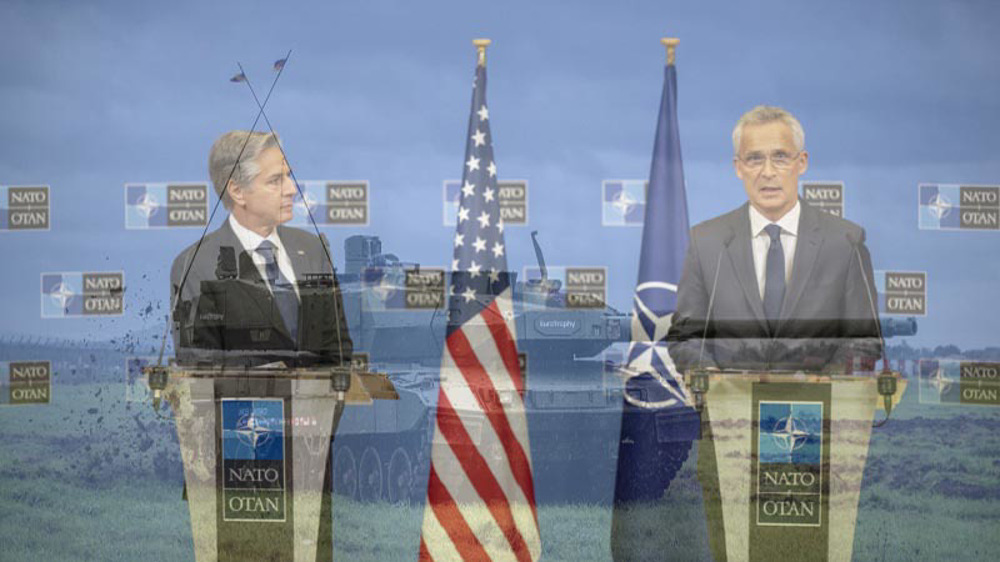
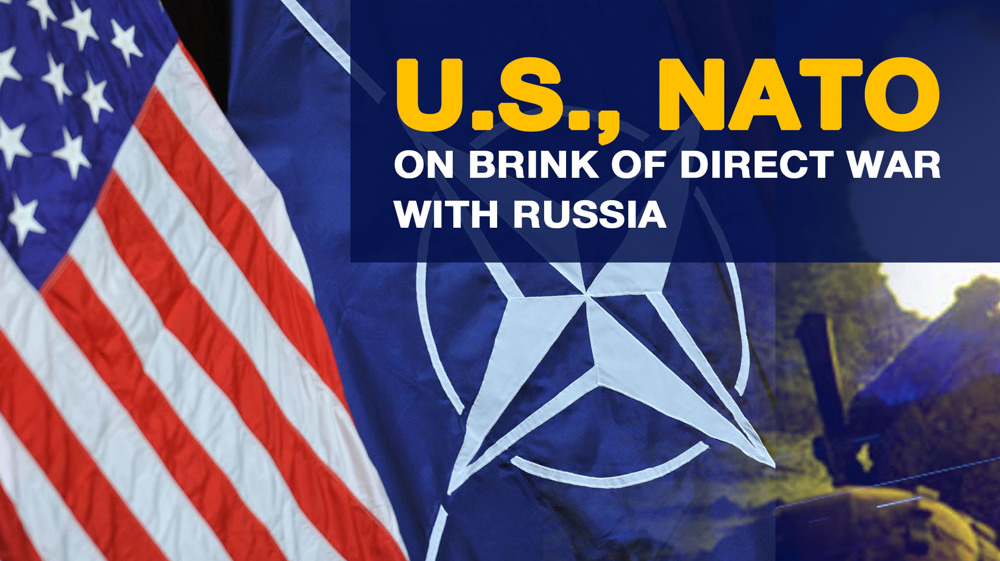
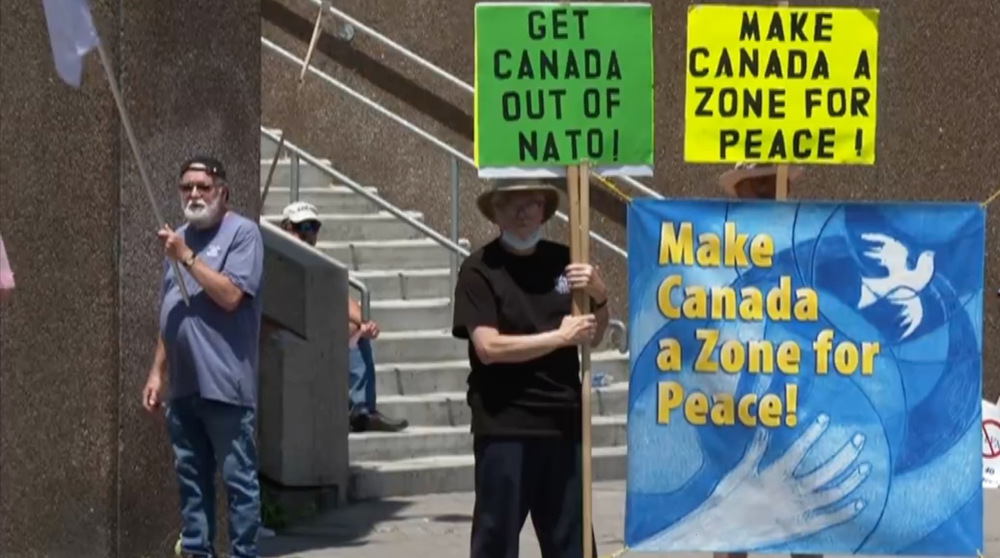
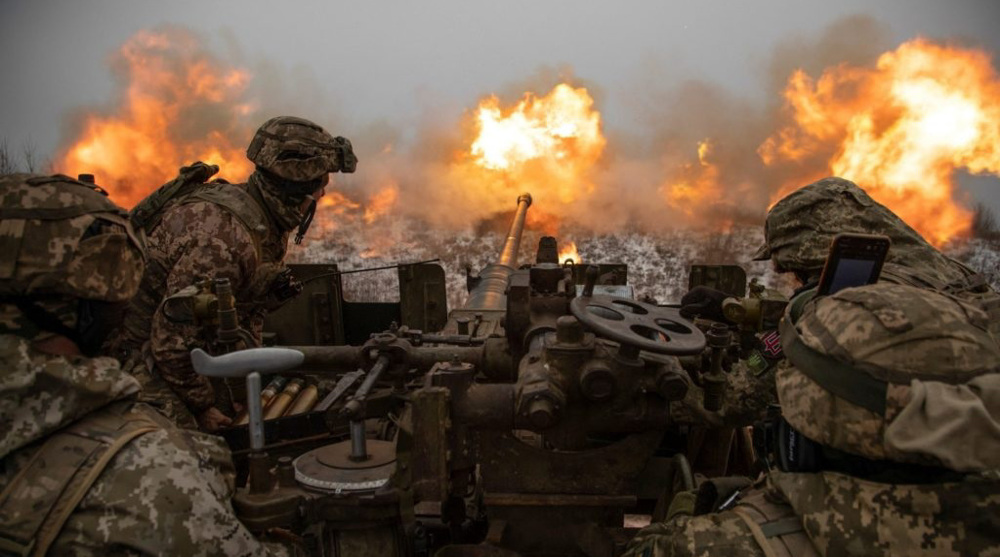
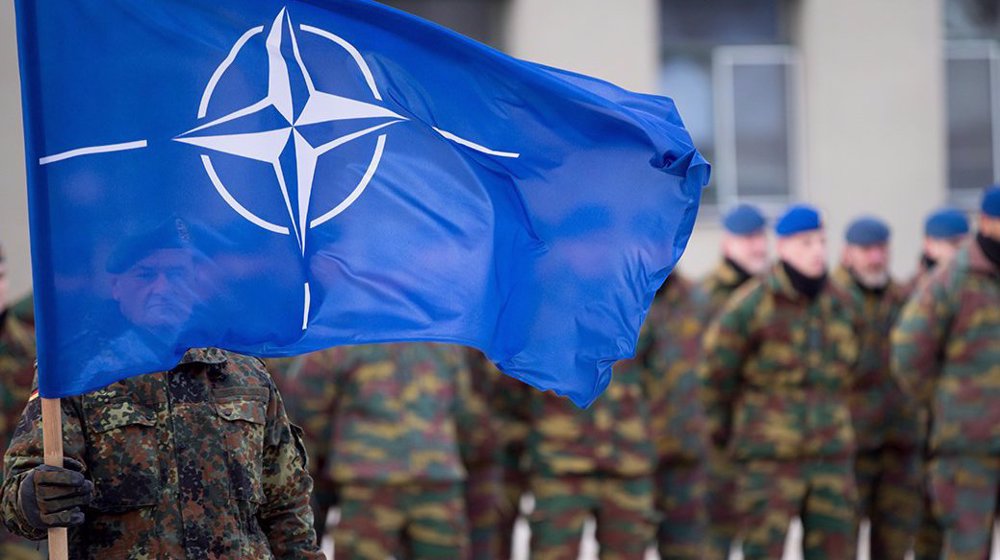

 This makes it easy to access the Press TV website
This makes it easy to access the Press TV website